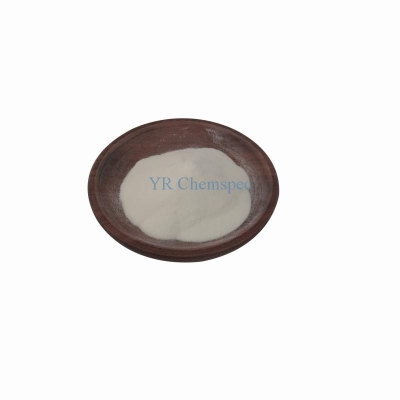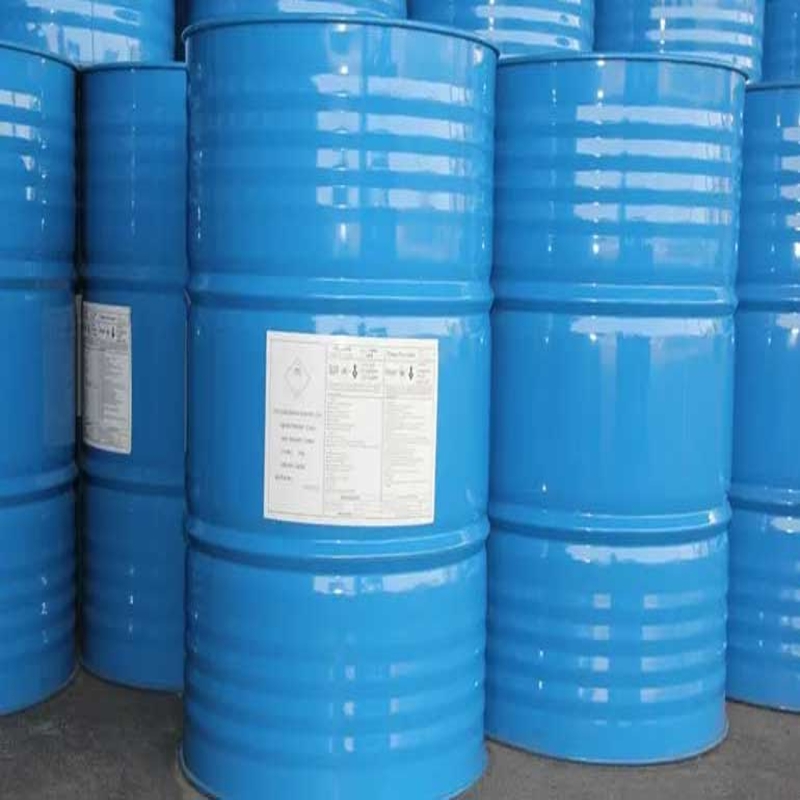-
Categories
-
Pharmaceutical Intermediates
-
Active Pharmaceutical Ingredients
-
Food Additives
- Industrial Coatings
- Agrochemicals
- Dyes and Pigments
- Surfactant
- Flavors and Fragrances
- Chemical Reagents
- Catalyst and Auxiliary
- Natural Products
- Inorganic Chemistry
-
Organic Chemistry
-
Biochemical Engineering
- Analytical Chemistry
-
Cosmetic Ingredient
- Water Treatment Chemical
-
Pharmaceutical Intermediates
Promotion
ECHEMI Mall
Wholesale
Weekly Price
Exhibition
News
-
Trade Service
In line with the EU's "Horizon 2020" R&D program, the EU launched the ALISE program – an advanced lithium-sulfur battery program
for electric vehicles (XEV).
The EU will invest US$7.
6 million in research and development
of lithium-sulfur battery modules for electric vehicles.
The European Union invested US$7.
6 million to develop a new generation of lithium-sulfur batteries for electric vehicles
The program is Europe-wide and focuses on the development and commercialization of new materials and electrochemical processes involving lithium-sulphur technology
.
The plan is expected to invest 7.
6 million US dollars and aims to achieve stable 500Wh/kg lithium-sulfur batteries
by 2019.
The project includes the development of key components (positive, negative, electrolyte) for lithium-sulfur batteries and installation in SEAT Motors' ultra-lightweight 17 kWh battery for track and road testing
.
The development of materials throughout the program is crucial
.
In line with the EU's "Horizon 2020" R&D program, the EU launched the ALISE program – an advanced lithium-sulfur battery program
for electric vehicles (XEV).
The EU will invest US$7.
6 million in research and development
of lithium-sulfur battery modules for electric vehicles.
The European Union invested US$7.
6 million to develop a new generation of lithium-sulfur batteries for electric vehicles
The program is Europe-wide and focuses on the development and commercialization of new materials and electrochemical processes involving lithium-sulphur technology
.
The plan is expected to invest 7.
6 million US dollars and aims to achieve stable 500Wh/kg lithium-sulfur batteries
by 2019.
The project includes the development of key components (positive, negative, electrolyte) for lithium-sulfur batteries and installation in SEAT Motors' ultra-lightweight 17 kWh battery for track and road testing
.
The development of materials throughout the program is crucial
.







